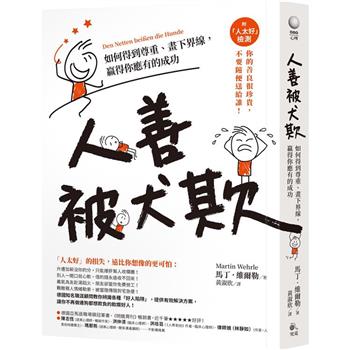| FindBook |
有 1 項符合
Memoirs of Miss Sidney Biddulph的圖書 |
 |
Memoirs of Miss Sidney Biddulph 作者:Frances Sheridan 出版社:Lost Leaf Publications 出版日期:2013-08-13 語言:英文 |
| 圖書館借閱 |
| 國家圖書館 | 全國圖書書目資訊網 | 國立公共資訊圖書館 | 電子書服務平台 | MetaCat 跨館整合查詢 |
| 臺北市立圖書館 | 新北市立圖書館 | 基隆市公共圖書館 | 桃園市立圖書館 | 新竹縣公共圖書館 |
| 苗栗縣立圖書館 | 臺中市立圖書館 | 彰化縣公共圖書館 | 南投縣文化局 | 雲林縣公共圖書館 |
| 嘉義縣圖書館 | 臺南市立圖書館 | 高雄市立圖書館 | 屏東縣公共圖書館 | 宜蘭縣公共圖書館 |
| 花蓮縣文化局 | 臺東縣文化處 |
|
|
CONTENTS
Volume I (1)
The Editor’s Introduction (3)
Memoirs of Miss Sidney Bidulph (9)
The Journal (11)
Volume II (141)
Volume III (287)
Cecilia’s Narrative &c. being a Supplement to Mrs. Arnold’s Journal (423)
THE EDITOR’S INTRODUCTION
I was invited to pass a month last summer in Buckinghamshire by a friend, who paid annually a visit to his mother: a lady pretty far advanced in years, but extremely chearful, sensible, and well-bred.
She lived altogether in the country, in a good old fashioned house, which was part of her jointure; and it was to this hospitable mansion he carried me.
The lady received me very politely, as her son’s friend; and I have great reason to be obliged to him for the introduction.
My friend and I generally dedicated our evenings to the entertainment of this obliging Lady. She loved reading, and was a woman of an excellent taste; but as her years rendered that employment not so easy to her as it had been, her son and myself usually spared her the task, and read to her such authors as she chose for her entertainment; nor was she so confined to particular studies, as not to allow us to vary our subjects as inclination led us.
It happened one evening, which was on the eve of the day appointed for our departure, that we had made choice of the tragedy of Douglas for our entertainment, when a neighbouring lady (a sensible woman) who had drank tea with us, desired to make one of our auditors.
After the tea-table was removed, we entered on our task; my friend and I reading alternately, to relieve each other, that we might not injure the performance by a wearied or flat delivery.
Neither of the ladies had ever seen or read this play before; and both gave that true testimony of nature to its merit, tears.
When we had finished the reading of it, they each in her turn bestowed high praises on it; but the visitor lady said, that notwithstanding the pleasure it had afforded her upon the whole, she had one great objection to it. We were all impatient to know what it was. I think said she, that the moral which it inculcates is a discouraging lesson, especially to youth; for the blooming hero of this story, though adorned with the highest virtues of humanity, truth, modesty, gratitude, filial piety, nobleness of mind, and valour in the most eminent degree, is not only buried in obscurity, by a severe destiny, till he arrives at manhood, but when he emerges into light, is suddenly cut off by an untimely death, and that at a juncture too, when we might (morally speaking) say his virtues ought to have been rewarded.
We each spoke our thoughts on the subject, as opinion led us, when the old lady drew our attention, which she always does, whenever she delivers her sentiments.
I should think as you do, madam, said she, if there were not too many melancholy precedents to give a sanction to the fable of that tragedy. I do not say but that the poet, who is at liberty to dispose as he pleases of the works of his own creation, may as well reward and punish according to the measures of justice in this life; it might perhaps make a better impression, and indeed afford a more prevalent example, to the generality of young people. I say therefore, I do not take upon me to defend an opposite conduct upon principles of poetic justice, but surely the poet who prefers that course, may be justified in it from every day’s experience. If we always saw virtuous people successful in their pursuits, and their days crowned with prosperity, there would be more force in your objection; but the direct contrary is a truth, which every body who has lived but a moderate number of years, must have been convinced of from their own observation. Amongst heathens indeed, who looked no farther than this life for good and evil, and whose only incitement to virtue was the praise of men, or what they called glory, such morals might be dangerous; but surely amongst us Christians they cannot, at least ought not to have any ill effect
|











